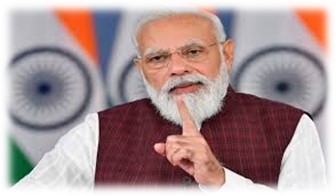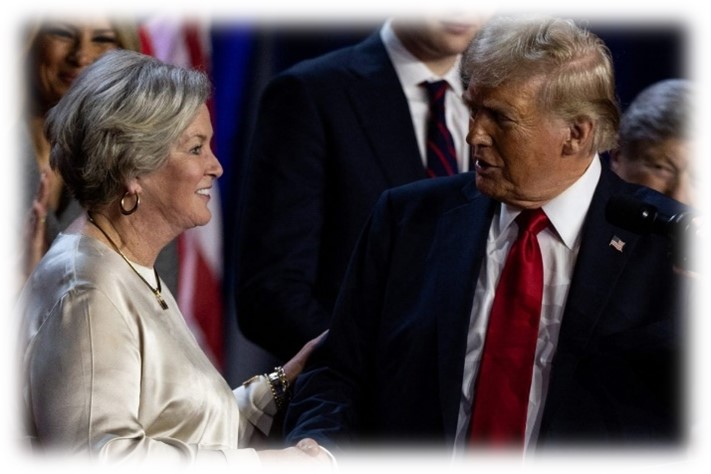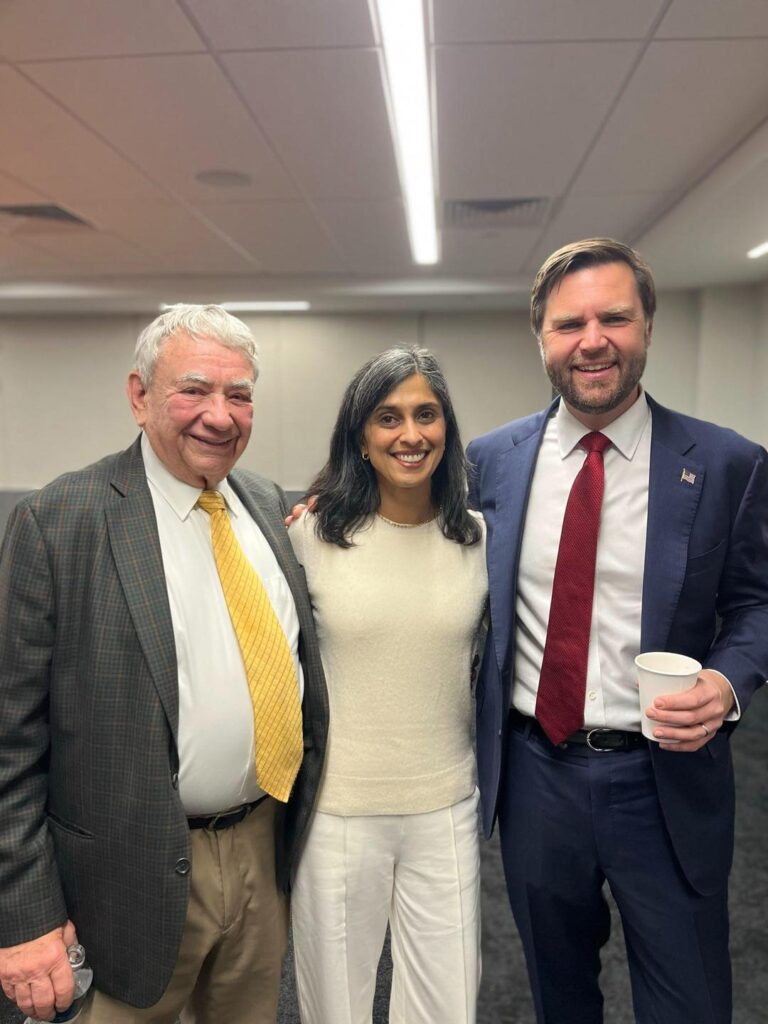Children’s Day 2024 provides a great opportunity to think about ways to further create a brighter future for kids in India.
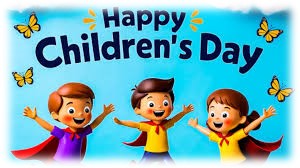
Kolkata: Children’s Day, also known as Bal Diwas, is observed annually on 14th November in India. It is a day set aside to honour the innocence, aspirations, and future of the nation’s youth. This remarkable day aligns with the birth anniversary of Pandit Jawaharlal Nehru, India’s inaugural Prime Minister, who was affectionately referred to as ‘Chacha Nehru’ by kids.
History of ‘Bal Diwas’
In 1925, a suggestion was made to honour Children’s Day at the World Conference for Child Welfare. Since that time, Children’s Day has been celebrated starting June 1, 1950. Jawaharlal Nehru, fondly known as ‘Chacha Nehru’ by kids, was a strong proponent of children’s rights, prompting India to observe his birthday as Children’s Day or Bal Diwas.
Originally, India observed Children’s Day on November 20, coinciding with the Universal Children’s Day declared by the United Nations. Nevertheless, following Nehru’s passing in 1964, India shifted its Children’s Day celebration to November 14 to commemorate his legacy and principles.
By observing Children’s Day as Bal Diwas, India emphasized the cultural and emotional importance of the occasion, transforming it into a distinctly Indian celebration grounded in national pride and values.
About Chacha Nehru
Jawaharlal Nehru was born in Allahabad (currently known as Prayagraj) on 14 November 1889. His insight and dedication to the growth of young individuals played a crucial role in shaping India after Independence.
Nehru held the view that children represented the future of the country and the cornerstone of an advanced society. He regarded education as the foundation for India’s development and frequently emphasized that children ought to be nurtured, valued, and provided with all opportunities to achieve their potential. During his lifetime, he prioritized education, founding schools and institutions to provide equal learning chances. Nehru envisioned top-tier healthcare and educational institutions, resulting in the founding of the All-India Institute of Medical Sciences (AIIMS) and the Indian Institutes of Technology (IITs).
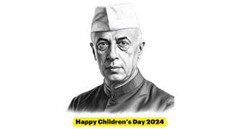
Importance of Children’s Day in India
Nehru is recognized for his deep care, love, and affection for children, which is the main reason why they refer to him as “Chacha Nehru.” Another factor is Nehru’s closeness to Mahatma Gandhi, who viewed him as his elder brother. It became known that Nehru was referred to as “Chacha Nehru”.
Emphasizing the significance of Children’s Day, he dedicated his life to their education and comprehensive development. He passionately believed that a nation could only thrive by guaranteeing the welfare of its children. Nehru placed significant importance on education as a means to cultivate the abilities of youth. The day also symbolizes that every child, regardless of their caste, creed, financial situation, or political standing, is entitled to basic necessities such as education, healthcare, and sanitation. They thought that kids represented the future of the country.
Celebrations of Children’s Day among schools
A Children’s Day is observed throughout India to commemorate the birth anniversary of Pandit Nehru. Numerous functions, events, and programs are arranged by schools and various educational institutions to commemorate the day with enjoyable and inspiring activities. Kids receive presents, playthings, and treats, and in certain schools, educators also put on performances to amuse the students.
The celebration of Children’s Day begins with the recitation of a speech about Pandit Nehru in schools. Kids are attired in a specific theme such as angels or as Nehru. They perform on stage, act, sing, or even engage in drama.
In addition to observing Happy Children’s Day in educational institutions, people can, as citizens, create a positive impact in the lives of less fortunate children. People can give food, clothing, books, or anything that brings joy to them and expresses the appreciation for them. Festivals and gatherings occur frequently, but by offering even a small amount toward their needs, everyone can create a significant impact.
Children’s Day 2024: Theme
This year’s World Children’s Day theme, “For every child, every right,” highlights the necessity of guaranteeing that children obtain fundamental rights. This encompasses access to education, sufficient food, housing, sanitation, and safeguards against exploitation. The theme highlights that every child should have a secure and caring environment that aids their development into empowered and responsible individuals.
Honouring Nehru’s Legacy for Future Generations
As India commemorates Children’s Day, it reasserts its commitment to Nehru’s dream of fostering and empowering young intellects. This day acts as a chance to emphasize children’s well-being, acknowledging their contribution to creating a thriving and inclusive society. On Children’s Day, India commits to persist in working towards a brighter, more just future for every child.
